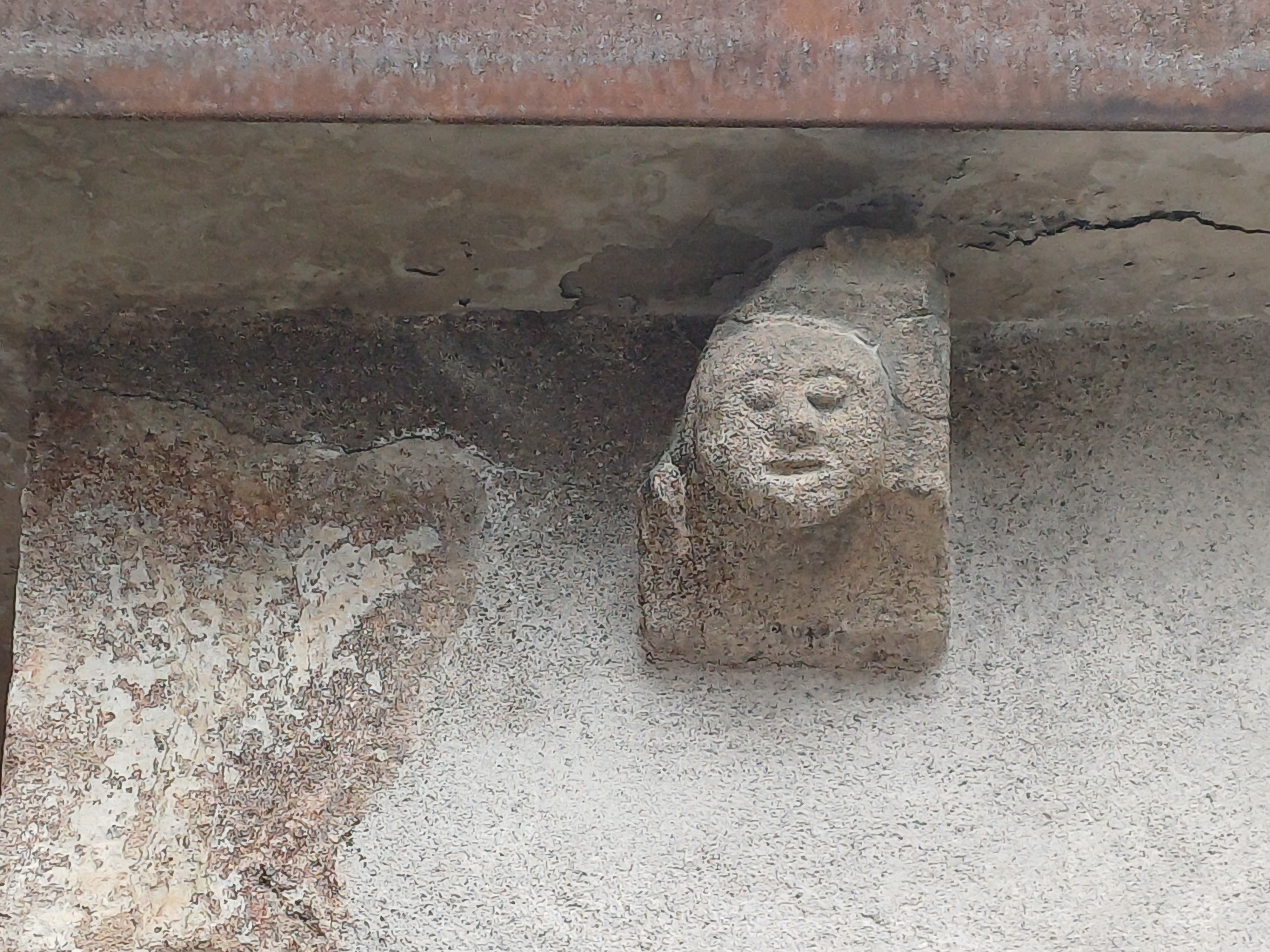Ars docendi 24/2025
Premessa – Vorwort – Foreword [Adami/ Korn]
Dear Sir or Madam,
The 24/2025 issue of Ars docendi (September 2025) offers you the entire spectrum of classical language teaching, subject methodology and classical studies. This issue once again takes also a closer look at a fundamental aspect of our subject, namely translation, discussing key questions and approaches in recent and current teaching methodology:
1) Ms Engelhardts addresses an old and important aspect of classical language teaching, namely the question of the role of translation studies.
2) The article by Matthias Korn attempts to bring together an older and a newer approach in the field of translation methodology for the benefit of students with weaker language skills.
3) Anna Christoph's article explores another important question: to what extent buzzwords are often adopted uncritically in translations and what good teaching can do to prevent this from happening.
4) Paola Rubino presents particularly successful translations of Greek poets by Italian-speaking poets and classical philologists.
5) And Emanuele Lelli reflects on the extent to which anthropological research can aid in the understanding and translation of certain passages in ancient texts. Incidentally, the two articles by Lelli and Christoph were written on the occasion of an ADA (Academia Didactica Athesina) conference in Bolzano in March 2025 and will soon be published alongside other contributions in a separate volume of DOREA.
6) Ms Blönnigen reports on a conference that is important in terms of the gender ratio of lecturers and students of classical philology and thus in terms of gender issues.
7) Jörg Freydank reports on a significant and didactically skillful exhibition by the Republic of Italy on Museum Island in Berlin, which focuses on Etruscan and Roman bronze statues and other votive offerings.
8) Ms Burk provides a research overview of the various ways in which the Persephone myth has been received in European youth and adult literature.
9) The German publisher and teacher Rudolf Henneböhl, in the context of legitimising the subject of Latin, offers fundamental reflections on the nature of language and the significance of Latin in antiquity and the present day.
10) And we have succeeded in publishing the first article for our new section ‘Iuvenes’. The section aims to bring interesting contributions from school and university students to a wider audience. In her paper, Lea Mayr presents the Ladin Fanessagen (Fanes legends) and asks what historical foundations lie behind them and whether there are any direct links to the Roman conquest of the Alpine region.
Dear readers, we would also like to repeat the following note: since the focus topic “Teacher training in the ancient languages in European countries” has clearly met with widespread interest, we intend to present proven, country-specific Latin textbooks for the first years of learning in a further focus topic: Concept, structure, target group, specifics, vocabulary, references to the country of publication, contacts in schools and in the publishing house, etc. As editors, we would like to invite you to participate and, in the interests of medium-term time planning, we would ask you to let us know if you would be prepared to present such a textbook here in Ars docendi. Please send your feedback to Dr. Adami or Dr. Korn by 30 December 2025.
Dr. Martina Adami Martina.Adami@schule.suedtirol.it | Dr. Matthias Korn matthias.korn@uni-leipzig.de |
